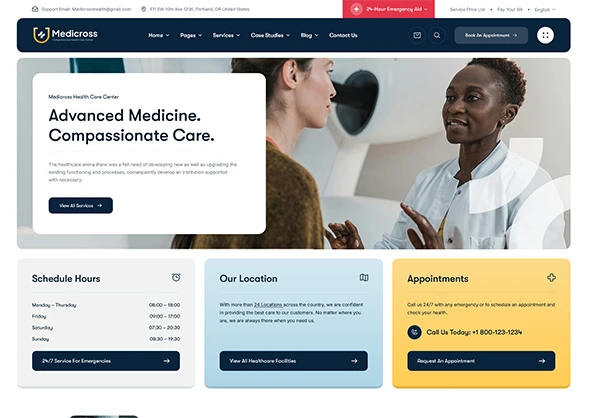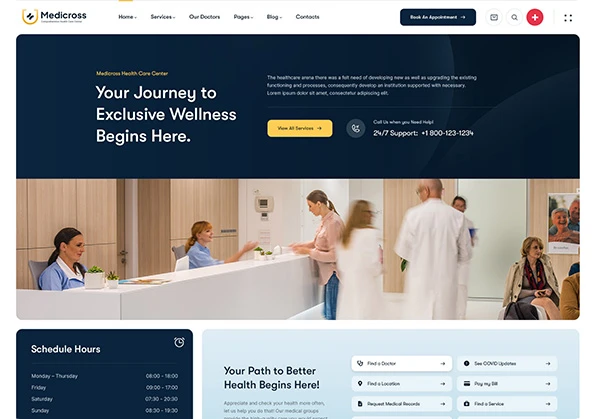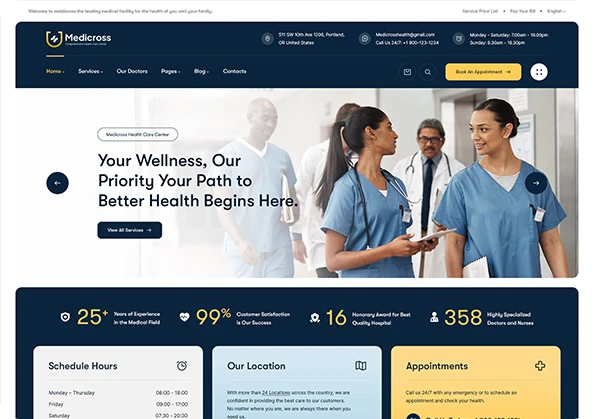- Your cart is empty Browse Shop
Kidney specialists diagnose and treat kidney diseases, manage dialysis, control blood pressure, and ensure proper renal function through expert medical care.
Our Approach in Kidney
A kidney specialist, or nephrologist, in a hospital plays a critical role in diagnosing, managing, and treating diseases related to the kidneys and urinary system. Their approach is patient-focused, evidence-based, and involves both preventive care and advanced treatment for acute and chronic kidney conditions. The goal is to preserve kidney function, prevent complications, and improve the patient’s overall quality of life.
The hospital-based approach of a kidney specialist begins with comprehensive evaluation. When a patient presents with symptoms such as swelling, fatigue, abnormal blood pressure, or changes in urination, the nephrologist conducts a detailed review of their medical history, lifestyle, and risk factors such as diabetes, hypertension, or a family history of kidney disease. Diagnostic tests like blood urea nitrogen (BUN), creatinine, glomerular filtration rate (GFR), urine tests, ultrasound, and sometimes kidney biopsies are used to determine the stage and type of kidney disorder.
Once diagnosed, the nephrologist creates a personalized treatment plan tailored to the patient’s condition. For early-stage chronic kidney disease (CKD), the focus is on slowing progression through lifestyle changes, blood pressure and blood sugar control, and medications such as ACE inhibitors or ARBs. The nephrologist works closely with other hospital departments including cardiology, endocrinology, and dietetics to address coexisting conditions like diabetes and heart disease, which commonly affect kidney health.
In more advanced stages or in acute kidney injury (AKI), patients may require hospitalization for close monitoring and intervention. The nephrologist may manage fluid and electrolyte balance, recommend medication adjustments, and determine whether renal replacement therapy (dialysis) is needed. Hospitals provide access to both hemodialysis and peritoneal dialysis, and the nephrologist is responsible for initiating, supervising, and adjusting the treatment plan based on the patient’s response.
Another major aspect of a hospital nephrologist’s role is preparing patients for kidney transplantation. This involves evaluating candidates for transplant suitability, coordinating with surgical teams, and managing immunosuppressive therapy after transplantation. Post-transplant monitoring is crucial to detect signs of rejection, infection, or complications early.
Patient education is also central to the nephrologist’s approach. They guide patients on maintaining a kidney-friendly diet, managing fluid intake, avoiding harmful medications, and recognizing early signs of worsening kidney function. Nutritionists in the hospital help design individualized meal plans that control sodium, potassium, and protein levels.
The hospital setting allows for multidisciplinary collaboration, ensuring that nephrologists work alongside primary care doctors, urologists, surgeons, pharmacists, and nurses to provide holistic care. This team-based approach is especially valuable for patients with complex needs or those transitioning between hospital and outpatient care.
In conclusion, the approach of a kidney specialist in a hospital is proactive, collaborative, and personalized. By focusing on accurate diagnosis, effective treatment, and patient education, nephrologists play a vital role in managing kidney health, preventing progression to kidney failure, and supporting patients through all stages of kidney disease, including dialysis and transplantation
Primary Care
The primary care role of a kidney specialist (nephrologist) in a hospital is to provide early detection, accurate diagnosis, and effective management of kidney-related conditions. Their goal is to preserve kidney function, manage associated health problems, and prevent disease progression or complications. In a hospital setting, nephrologists work closely with multidisciplinary teams to deliver comprehensive care to patients suffering from both acute and chronic kidney disorders.
Primary care starts with the evaluation of patients who present symptoms such as high blood pressure, swelling in the legs or face, fatigue, changes in urination, or abnormal blood and urine test results. The kidney specialist investigates these signs using diagnostic tools such as blood creatinine levels, glomerular filtration rate (GFR), urine analysis, kidney ultrasound, and sometimes kidney biopsy to determine the type and severity of the kidney problem.
For patients with chronic kidney disease (CKD), primary care involves slowing the progression of the disease and preventing further damage. Nephrologists guide patients in managing risk factors like diabetes, high blood pressure, and obesity, which are leading causes of kidney disease. They prescribe medications that protect kidney function and ensure tight control of blood pressure and blood sugar levels. The nephrologist also adjusts drug dosages to avoid medications that are harmful to the kidneys.
In cases of acute kidney injury (AKI), which may result from dehydration, infection, medication toxicity, or surgery complications, kidney specialists provide immediate interventions. This includes fluid and electrolyte management, cessation of kidney-damaging medications, and sometimes short-term dialysis to support kidney recovery. Timely intervention is critical to prevent long-term damage.
A key aspect of primary nephrology care is patient education. Kidney specialists inform patients about their condition, the importance of a kidney-friendly diet, medication adherence, and lifestyle changes such as reduced salt intake, hydration, and avoiding non-prescribed drugs that may harm the kidneys. Dietitians often assist by creating specialized meal plans to manage protein, potassium, sodium, and fluid intake.
When kidney function declines significantly, nephrologists prepare patients for renal replacement therapy like dialysis or kidney transplant. They help decide the best form of dialysis—hemodialysis or peritoneal dialysis—based on the patient’s medical condition and lifestyle. Early preparation helps reduce risks and ensures smoother transitions to advanced treatment.
In a hospital, kidney specialists often coordinate with other departments, especially cardiology, endocrinology, and internal medicine. This team-based approach ensures patients with complex conditions like heart failure, diabetes, or infections receive unified care. They also monitor patients recovering from surgeries, infections, or trauma that could impact kidney health.
In summary, the primary care of a kidney specialist in a hospital is centered around early diagnosis, preventive strategies, holistic treatment, and patient education. Their comprehensive approach not only helps manage existing kidney issues but also reduces the risk of progression to end-stage renal disease, improves patient outcomes, and enhances quality of life.
Why Choose Our Hospital?
Experience and Expertise
Kidney Specialist
Patient Focused
Honesty and Integrity
Reasonable Treatment
Are you having health problems? Contact us for take appointment
Address Business
102/A, O.R. Nizam Road, Panchlaish, Chittagong, Bangladesh.
Contact With Us
Mail Us: Medicrosshealth@gmail.com
Call Us 24/7: +1 800-123-1234
Call Us 24/7: +1 800-123-1234
Working Time
Opening Hours
Saturday-Friday: 7.00am – 12.00am
Saturday-Friday: 7.00am – 12.00am








